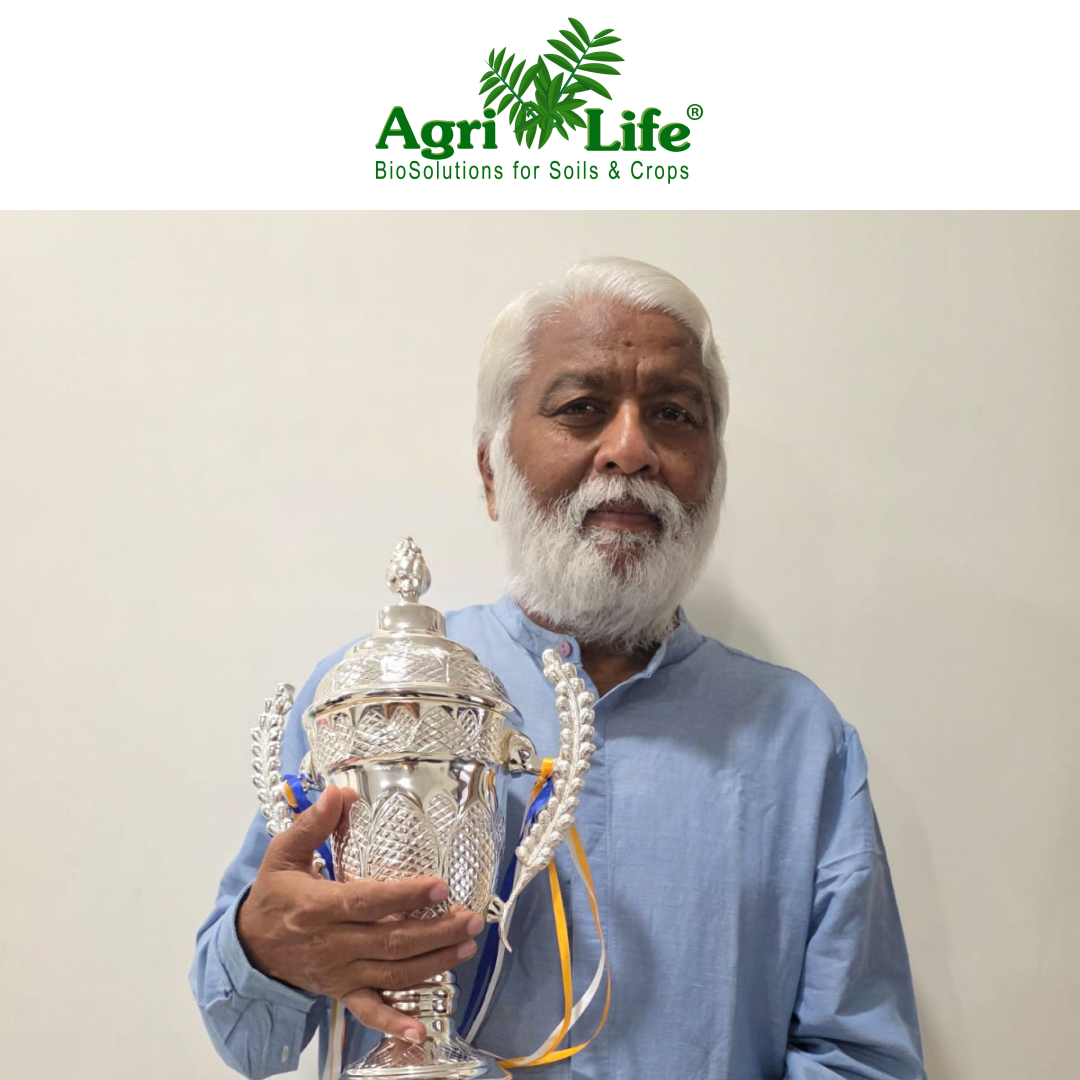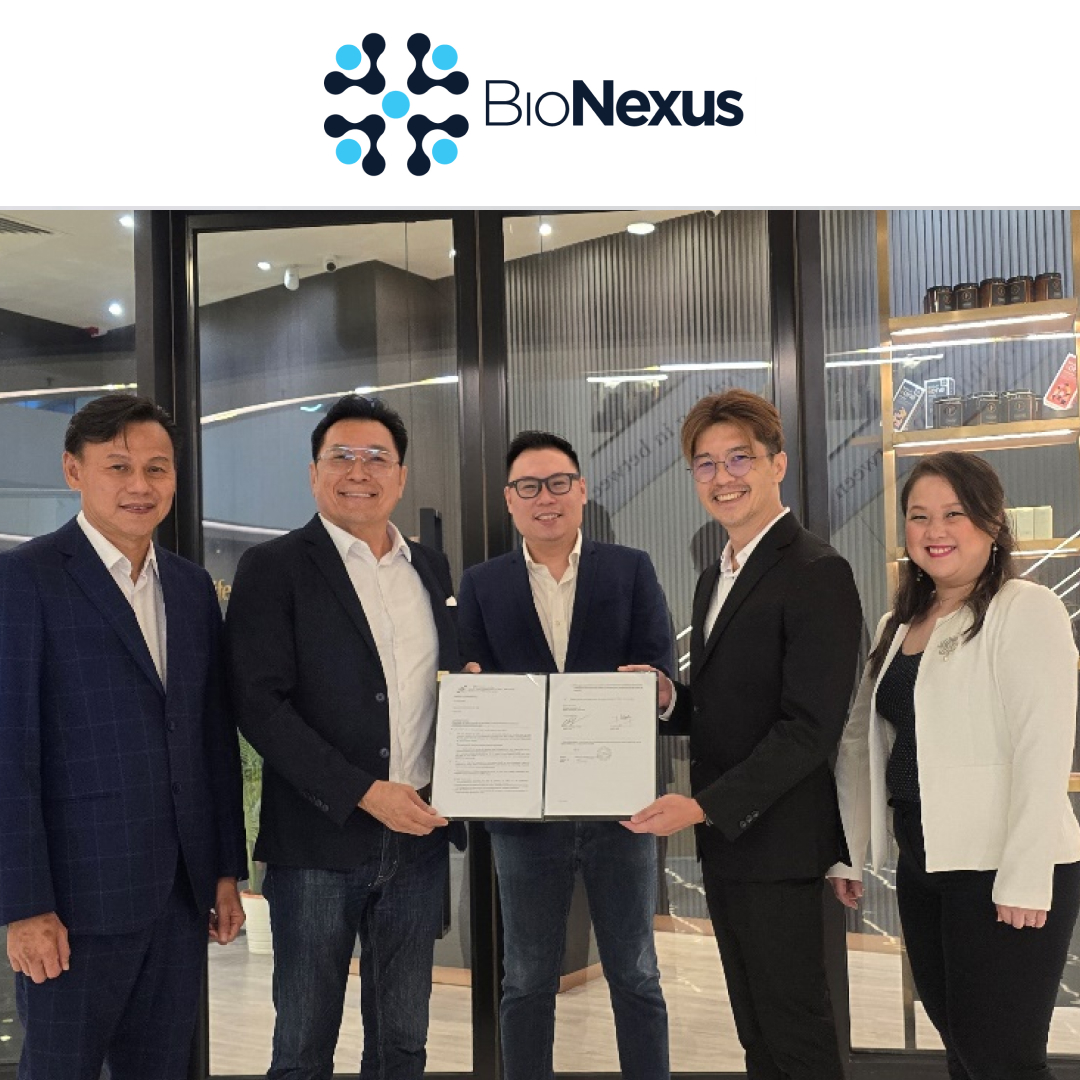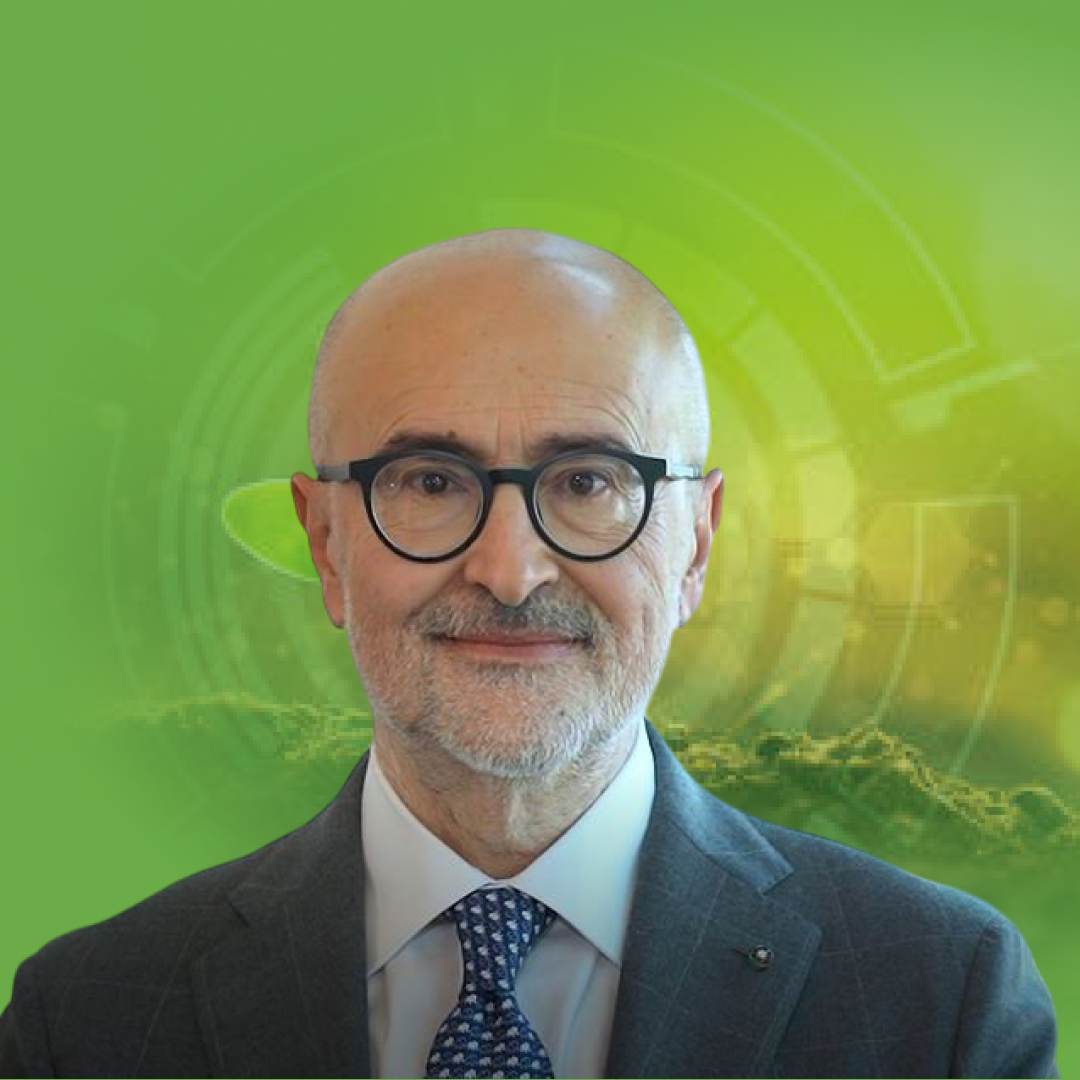
As President & Chief Executive Officer of Certis Biologicals, the world’s leading full-line biological-based agricultural inputs company, Amy leads a global team of manufacturing, distribution, marketing, sales, and field development professionals for this division of Mitsui & Co. Under Amy’s leadership, Certis has accelerated product development and manufacturing to serve the rapidly growing need for bio-based agriculture products. The company has also taken a leadership position with America’s Conservation Ag Movement, one of the largest public-private partnerships in the U.S. supporting sustainable agriculture.
Amy is a multifaceted global executive with 20+ years of experience in sales, marketing, strategy, innovation, and general management in the leadership of P&Ls across a variety of markets. She brings an exceptional record of accelerating growth, enhancing profitability, and reinvigorating diverse businesses. She excels at establishing customer-focused new product development and commercialization processes and transforming organizational culture and structure to create a collaborative, market-oriented operation.
Q1. Tell us about your career path. You have been in Food and Agriculture industry for all your professional years. How would you describe your journey and what has been your favorite part, leading to this leadership role at Certis Bio?
I have been very fortunate to have experienced many different opportunities within the food and agriculture markets. In many ways, it was quite diverse as I held a variety of roles in both global and regional markets covering sales, marketing, and general management functions in crop protection, food, and pharmaceutical ingredients & nutraceuticals. The best part for me has been learning about each new industry dynamic, engaging with our customers, and the professional and personal growth that comes along with each of these types of experiences. While there are often common themes within an industry like food and agriculture, every new region, every new market segment whether it was the crop protection industry in Mexico or the food ingredients market in China, each new role brings exposure to new cultures, fresh ideas, and thought-provoking opportunities. I enjoy the intense learning and exploration that goes along with entering new market segments and geographies and I have been grateful to be able to bring these qualities with me to Certis Biologicals.
Q2. You have held so many senior positions in your career and continue to do so. What gives you the confidence to go forward and motivates you to be a women leader in bio-agriculture?
I believe we all build confidence over time through both successful experiences and the significant learning and development that comes from experiences that didn’t go as planned. Having the opportunity to move into more senior roles in quick succession at different times in my career forced me to be prepared to enter new business opportunities and hit the ground running, learn markets quickly, engage with customers proactively and collaborate with my new team on actionable strategies.
Inviting your team members and your customers to be a part of your learning process will give you the confidence to propose your ideas in solutions as you get to know your new role.
In my position at Certis Biologicals, I am consistently aware that I am not only leading this company but that I am part of a select group of women leaders who are working together to move modern agriculture forward. It’s an honor that I do not take lightly and it serves to motivate me every single day.
Q3. If you had to explain to a younger woman, how you succeeded in your career, what would you tell this person?
Say Yes! Do not be afraid to try new things, explore new geographies, and raise your hand when a new challenge presents itself. My mother taught me that you can do anything for one year so why not put yourself out there to try something that you are not quite sure about?
Secondly, develop mentor relationships whenever you can. While having female mentors is certainly helpful as they will understand some of the unique challenges women face in the workforce, I also have found benefit in having male mentors to help guide my career.
Lastly, don’t search for this mysterious balance that everyone talks about needing to find. Don’t
believe that all the successful women that you know have figured out how to “do it all” and you cannot. We can’t and we don’t either. For me, it is a continuous effort to find ways to integrate the demands of my family with the demands of my career, and thinking that there is some scale that always has to balance creates more pressure and disappointment rather than relief.
Q4. Agriculture has been dominated by men and women have played a supportive role. Do Women have an advantage in this field primarily since they have a deeper insight into Bioagriculture, “FOOD” and “HEALTH” of the family?
While perhaps there has been a predominance of men in top leadership positions in agrichemical, seed, and food corporations, I believe women have always played critical roles in agriculture for a very long time and will continue to do so.
I was encouraged to see that the NASS collected critical data on women in agriculture in their last Census and was even more encouraged to see that there are 1.2 million female producers out there, making up 36% of the producer workforce. While the number of younger female producers is rising, the fact remains that more than half of those producers are aged 35-64 and 70% have more than a decade of experience in farming. Women have long been integral to our thriving agriculture industry.
Whether it is at the farm gate or in the board room, we amplify our creativity and potential when we tap into the diversity of thoughts and perspectives that can be gained by ensuring both men and women have a seat at the table.
Q5. What are your future aspirations professionally and personally, as a senior leader in the industry? Where do you see Certisbio in the next decade?
I will always look forward to the opportunities I have to grow and develop as a leader both at Certis Biologicals and within the industry. I hope to continue to mentor and coach others as they develop their careers in food and agriculture as I have benefited greatly from my mentors throughout the years. The biologicals space is incredibly dynamic today and I would like to join my fellow leaders in the industry as we continue the dialogue and education around integrated agricultural practices like regenerative agriculture and climate-smart ag techniques.
I envision that Certis Biologicals will look for ways to meet our customer’s evolving needs by continuing to take a leading role in delivering innovative biosolutions for a sustainable future.

Natasha Santos
Vice President and Head of Global Stakeholder Strategy & Affairs, Bayer’s Crop Science Division.
Natasha Santos is an accomplished senior public affairs executive with over 17 years of experience in the agriculture, food, and life science industries, Natasha has actively promoted corporate reputation and enhanced stakeholders’ relations in companies such as BASF, Mars Incorporated, and since 2014, Bayer AG. Through harnessing the combined knowledge, relationships, and resources of public and private sectors, she knows it is possible to give innovative farmers greater access to pioneering new farming techniques. As an industry thought leader, she has led various association groups and sectorial alliances and positively contributed to policy making and collaboration in areas such as food & nutrition, sustainable agriculture, plant protection, sustainable construction and green building, data protection, trade policy, and innovation.
Natasha Santos holds a Bachelor’s degree in International Relations from UniFMU/Brazil, a post-graduation degree in International Negotiations from UNESP/Brazil, and a Master’s in Public Policy and Management from Paulista School of Law (EPD)/Brazil. She holds certifications in Global Governance and International Affairs from the University of Lodz/Poland and the Bucerius Law School/Germany. Natasha is the Vice Chair of Business at OECD Food and Agriculture Committee and Advisory Board member of the Chicago Council on Global Affairs, Center on Global Food and Agriculture Advisory Board member.
Q1. You have grown to the leadership position starting from various positions over the years. What has been your main motivation to become a leader in Food chain and sustainable Agriculture?
Agriculture is something that touches many of the world’s biggest challenges. Climate change, nutrition, biodiversity, resilience, economic equality: the impact of agriculture on each of these is significant, but so is its potential to be a positive force and part of the solution. Everybody wants to make a difference; I believe that to achieve this at scale, agricultural transformation is one of the best areas to work in.
But the difference is not only visible at scale, but in the lived experiences of people. The world’s agricultural land is tended by a diverse network of hundreds of millions of growers, from commercial farmers to some with as little as one hectare. Transforming agriculture is a case of reaching all those people and empowering them to achieve sustainable outcomes: by listening to their needs and challenges, we can jointly deliver solutions that will work for them and enable them to productively embrace regenerative and nature-positive practices. A win for them is a win for the planet.
Q2. What are some of the challenges you have faced as a female leader in corporate life in agriculture and how have you overcome these challenges? If you had to explain to a younger woman, how you succeeded in your career, what would you tell this person?
Being a female leader, and becoming respected in my own right, is always a challenge – doubly so in an industry like farming, where there is a high average age and many lingering assumptions that only men enter the profession.
These prophecies can sadly be self-fulfilling as industry recruitment proceeds in a cyclical pattern: young women show interest but don’t see many leaders to inspire them or potential mentors, become put off, and never develop into the leaders who would in turn inspire the next generation of young women. My mission has been to break that cycle, to give representation to women, but not to be content with just being represented. I want to achieve as much as possible, aiming high, engaging a talented team, and holistically supporting my peers. Seeing others like you in the workplace is one thing, but receiving trust, empathy, and one-to-one care from them is another. By striving to provide this, I’m hoping to put in place the conditions for the long-term representation of women in agriculture at every level. It’s better today than 20 years ago when I started but we can accelerate it all.
Q3. With time, more and more women are entering the agriculture industry. What is your belief for next-generation women?
I absolutely believe we can break the bias, dismantle the unconscious and unspoken assumptions about women in agriculture, and show that we belong.
However, this won’t happen by accident: I want to make it happen, by growing female-led networks, supporting women at every stage, empowering them to trust themselves and be fearless, and supporting them through success and failure.
The more we do this, the less likely women will be to feel alone in the industry, and the more they (and their powerful ideas) will be visible. I believe the future can be a bright one!
Q4. Agriculture is a very dynamic industry and has been revolutionized by innovations. What is going to be the next big leap in the agriculture industry in supporting sustainable agriculture?
The current embrace of regenerative agriculture has the potential to be a step-change in the level of ambition we have and the outcomes we achieve. No longer do we merely aim to be carbon-neutral: we aim higher and wider, targeting year-on-year positive effects in a range of key ecosystem indicators (soil, carbon, biodiversity, water, livestock, people).
That’s a high-level set of outcomes, but at the field level, it is powered by a focus on soil: preserving its health, improving its quality and ability to store nutrients, and ensuring it can support living roots all year round. And, in turn, this is powered by a set of practices and innovations, from no-till and smart crop rotation to digitally powered and integrated ways to apply crop protection. Innovations are so important – each one can make a difference to certain farmers in certain crops and countries, and when we bring them together in entire new farming systems, the big picture emerges.
Q5. As a senior leader in the industry, what are your future goals? What do you want to achieve for Bayer and sustainable agriculture? How do you want to get there?
Our understanding of agriculture is growing faster than ever, and that leads to an accelerating pace of change, as innovations (and new ways of using the ones we already have) emerge regularly. We want to see a newly farmer-centric approach to harnessing those innovations and extracting maximum benefits from them. For us as agricultural input providers, it’s no longer about “look what we can do”; it’s about “what can we do for you?” Each innovation or initiative should be based on a real grower need and have a practical route to addressing it in the real world, not just in theory.
That’s why I want to see our Stakeholders Partnership operations grow their footprint and attract new partners. We need to recruit the whole value chain (e.g., downstream, finance, public, farmers, academics), not just ourselves, to make the greatest possible difference. And we need to provide solutions to growers in a range of ways – with new crop protection products, but also with information, stewardship, and market access. Ultimately, transforming agriculture requires a new way of thinking about it. In a world where the climate clock is ticking and no farmer can be left behind, I hope the entire set of stakeholders that touch food systems will share and collaborate more willingly, explore new business models, and get behind the idea that supporting farmers is good for them, us, and the planet.






